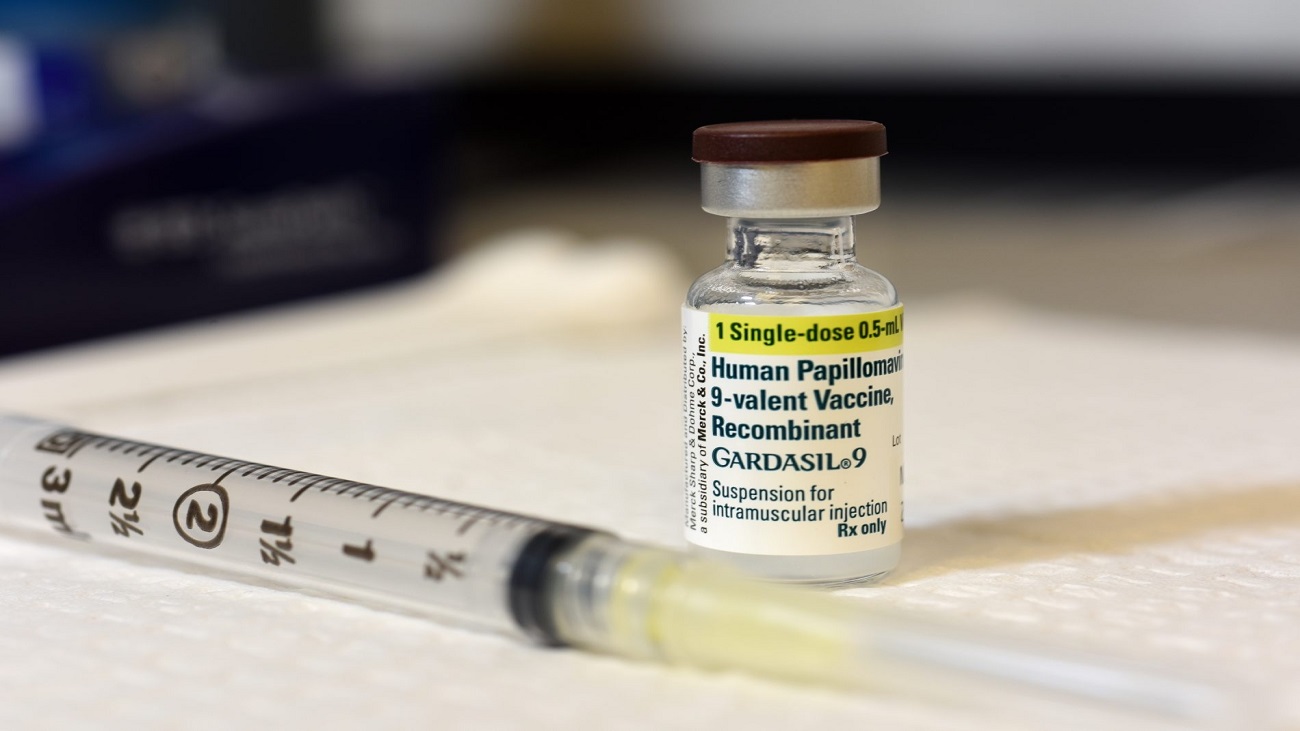A new affordable HPV vaccine will help fight cervical cancer
- An important new study confirmed that the novel HPV vaccine manufactured by Serum Institute of India (Cervavac®) elicits comparable immune responses and is as safe as the original HPV vaccine produced by Merck (Gardasil®).
- Availability of a cheaper, “generic” version of HPV vaccine can foster the global efforts to reduce the incidence of cervical cancer, which in over 95% cases is caused by the oncogenic types of HPV. So far, vaccination campaigns have been hindered by the high prices of the originator.
A new quadrivalent HPV vaccine manufactured by Serum Institute of India (SSI) was found to be as safe and immunogenic as the reference vaccine produced by Merck (Gardasil). A study published last month in The Lancet Oncology assigned 2307 individuals aged 9-26 years to either the group receiving the “generic” HPV vaccine or the originator. In the 9-14 subgroup, the geometric mean titres (GMTs) of anti-HPV antibodies, determined by ELISA, turned out to be non-inferior for all four strains included in the compared vaccines. In fact, in all cases, the GMT ratio favored the SSI product. Local and systemic reactions were encountered with nearly the same frequency in both groups. No severe reactions to vaccine-related serious adverse events were reported. Thanks to these positive results, Indian regulator decided to issue the marketing authorization. The brand name for SSI vaccine is Cervavac®. Just like its originator, Cervavac® is a recombinant protein vaccine containing a mixture of L1 protein coming from 4 oncogenic HPV types.

The findings reported in The Lancet Oncology are extremely important for the global efforts to reduce the incidence of cervical cancer. The types of HPV virus included in the vaccines (6,11,16,18) are responsible for majority of cases and their elimination is expected to lower the incidence of cervical cancer by more than 50%. So far, the achievement of satisfactory uptake in less developed countries has been a real hurdle, mostly because of high prices of Gardasil and Cervarix, previously the only available brands. In 2016, Indian government sponsored an immunization program in two districts with high success rate, however for other regions, the HPV vaccine coverage is extremely poor. The availability of affordable SSI product is likely to turn the tide – recently, India has decided to roll out HPV vaccination and immunize 68 million girls by the end of 2025. Other countries in Asia, Africa and South America are likely to join, once Cervavac is manufactured in sufficient quantity and offered to abroad clients.
Every year, 77,000 deaths from cervical cancer are reported in India. Most of them are caused by one of 14 oncogenic types of HPV, with type 16 and 18 (included in the quadrivalent vaccine) responsible for up to 80% of cases. Moreover, HPV is involved in the pathogenesis of multiple other cancers including anal cancer, penile cancer and head and neck cancer. Introduction of HPV immunization programs is expected to lower their incidence in the long-term. The positive effects of HPV vaccination have been already noted in countries such as Sweden, United States or Great Britain, where its widespread use led to sharp reduction in the incidence of cervical cancer in younger age groups.
Only original HPV vaccines are available on the EU and US market, that is quadrivalent or nonavalent Gardasil® and bivalent Cervarix®, meaning that there is no cheaper alternative for cervical cancer prevention. In addition to SSI, a generic version of this important vaccine has been also developed by a Chinese bio-tech company (Walrinvax® by ZerunBio). So far, there is no indication that these two companies will seek approval in Europe or United States.
AT
References
- Indian Express. “India’s cervical cancer vaccine found to be safe and effective as Merck’s Gardasil vaccine: Why are the findings of the new Lancet study important?” (November 8, 2023).
- Sharma, Hitt, et al. “Immunogenicity and safety of a new quadrivalent HPV vaccine in girls and boys aged 9–14 years versus an established quadrivalent HPV vaccine in women aged 15–26 years in India: a randomised, active-controlled, multicentre, phase 2/3 trial.” The Lancet Oncology 24.12 (2023): 1321-1333.
- Lei, Jiayao, et al. “HPV vaccination and the risk of invasive cervical cancer.” New England Journal of Medicine 383.14 (2020): 1340-1348.
- Serum Institute of India. Cervavac Product IND. Link: https://www.seruminstitute.com/product_ind_cervavac.php.